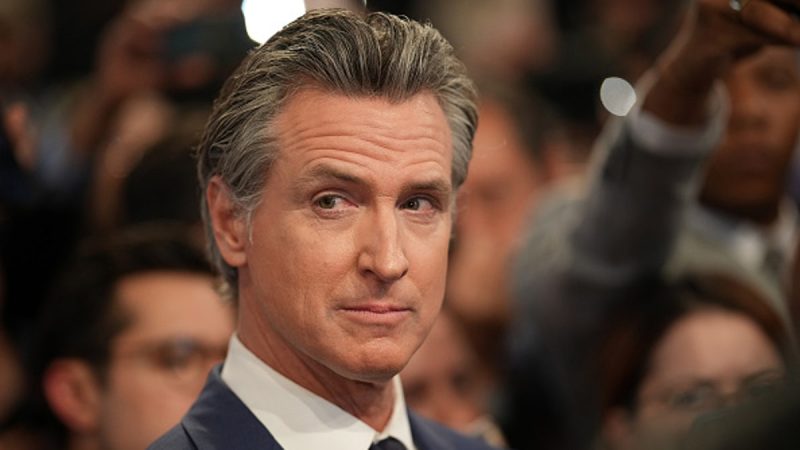California Governor Gavin Newsom made headlines recently by signing into law a bill targeting the spread of deepfake videos in political campaigns. The new legislation, known as AB 730, imposes penalties on individuals creating or sharing manipulated video or audio recordings of candidates within 60 days of an election period. While the intention behind the law is clear, its enforcement and potential consequences have stirred debate and legal challenges.
The first major challenge to the deepfake election law came swiftly, as a group of concerned citizens filed a lawsuit in federal court arguing that the legislation violates free speech rights protected by the First Amendment. The plaintiffs assert that the law’s broad language could stifle legitimate political expression and satire by constraining the sharing of edited videos, regardless of their intent or context.
Opponents of AB 730 also raised concerns about the potential for the law to be selectively enforced, with critics pointing out that the vagueness of the language leaves room for interpretation and misuse. As the law does not clearly define what constitutes a deepfake or manipulated media, there are fears that it could be applied inconsistently, targeting specific individuals or groups based on political bias.
Supporters of the deepfake election law, including Governor Newsom and other proponents, argue that the legislation is necessary to preserve the integrity of the democratic process and protect candidates from malicious attacks using fabricated content. They contend that the spread of deepfake videos poses a significant threat to the reliability of information during election campaigns and can lead to widespread misinformation that undermines public trust in the electoral system.
Despite the legal challenges and debates surrounding AB 730, the issue of deepfakes and manipulated media in politics is likely to remain a contentious topic in the digital age. As technology continues to advance and enable increasingly sophisticated forms of manipulation, lawmakers and society at large will need to grapple with the implications for democracy, freedom of speech, and the dissemination of accurate information in the public sphere.
In conclusion, Governor Newsom’s deepfake election law reflects the growing concerns about the impact of manipulated media on political discourse and electoral processes. While the intention to protect candidates from false representations is valid, the law’s implementation and potential consequences raise complex legal and ethical questions that will require careful consideration and ongoing debate to address.




























